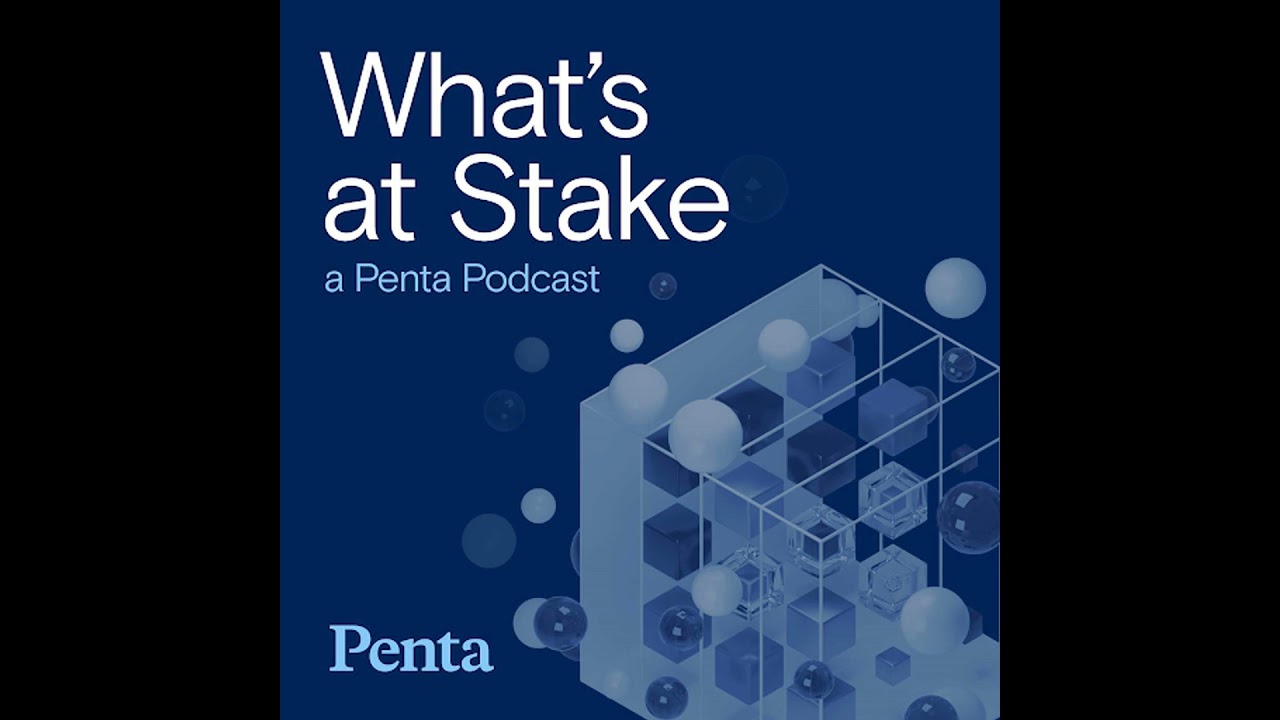The XRP Army’s unpaid research and legal support saved Ripple millions and even influenced the judge’s final ruling in its long-running case against the SEC.
Key Takeaways
- Crypto lawyer John Deaton and Ripple executives confirmed that XRP holders significantly influenced the Ripple vs. SEC lawsuit.
- Judge Analisa Torres cited Deaton’s amicus brief and over 75,000 XRP holder affidavits in her 2023 ruling that XRP is not a security when traded on exchanges.
- Ripple’s Deputy General Counsel said community volunteers saved the company millions in legal costs by uncovering crucial evidence.
- The SEC lawsuit ended in August 2024 after both sides dropped appeals, closing a case that defined crypto regulation in the U.S.
What Happened?
Ripple’s four-year legal battle with the U.S. Securities and Exchange Commission (SEC) has finally come to a close, and both legal experts and Ripple insiders agree: the XRP Army played a vital role. From filing legal documents to mining critical evidence, the XRP community’s volunteer efforts not only helped shape Ripple’s defense but also earned recognition in the judge’s final ruling.
No credible person can argue that the XRP Army didn’t make a difference in the Ripple case. If they do they’re either ignorant to the facts and truth or intentionally lying. We have conclusive evidence that we made a difference. There were over 2K exhibits filed in the case. In… https://t.co/WK2MfOb6wS
— John E Deaton (@JohnEDeaton1) September 3, 2025
XRP Army’s Efforts Recognized in Court
The SEC originally sued Ripple in December 2020, accusing the company of conducting an unregistered securities sale through its XRP token. Ripple denied the claims, arguing that XRP itself is not a security, especially when traded on secondary markets.
In July 2023, Judge Analisa Torres delivered a mixed but mostly favorable ruling for Ripple. She determined that XRP sales on exchanges were not securities, although some institutional sales could be classified as such.
Crucially, Judge Torres cited affidavits from XRP holders and an amicus brief filed by crypto lawyer John Deaton as part of her legal rationale. Deaton, who represented more than 75,000 XRP holders, believes this citation proves the community’s tangible impact.
“Had she not cited those things, people could legitimately debate whether our efforts made a real difference,” Deaton said. “But the proof is in the decision itself.”
Unpaid Research Saved Millions
Ripple’s Deputy General Counsel, Deborah McCrimmon, also praised the XRP Army for their contribution. Appearing on The Penta Podcast, she revealed that volunteers found critical materials such as SEC speeches and public comments that supported Ripple’s “fair notice” defense. It’s a legal argument that the SEC had failed to clearly communicate how securities laws applied to cryptocurrencies.
“I could have paid lawyers thousands of dollars, literally thousands of dollars, to do that,” McCrimmon said. “Yet they were finding it and posting it on Twitter, and that was tremendously helpful for me.”
These crowdsourced efforts spared Ripple millions in legal fees and bolstered their argument that the case had wide-reaching implications beyond just the company itself.
Community’s Broader Impact
Beyond just gathering legal documents, XRP holders made sure the case stayed in the public eye. They launched social media campaigns, organized lobbying efforts, and consistently pressured regulators. Their affidavits showed that the case wasn’t just about Ripple, but affected tens of thousands of individual investors and crypto users.
The case officially ended in August 2024, when both Ripple and the SEC dropped their appeals. Ripple agreed to pay a $125 million penalty which is far less than the $2 billion originally sought by the SEC. By then, XRP had already hit its all-time high of $3.65 in July 2025, following renewed investor confidence after the legal victory.
CoinLaw’s Takeaway
Honestly, I found this story inspiring. In my experience covering regulatory battles in crypto, it’s rare to see everyday holders directly impact the outcome of a major court case. But the XRP Army didn’t just tweet hashtags, but they organized, researched, and submitted real legal evidence. The fact that a federal judge cited their work shows that community action can move the needle. It’s a powerful reminder that in crypto, users are not just passive investors, they can be a legal force too.



































































